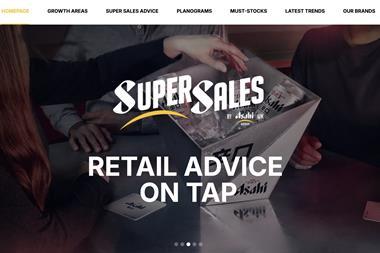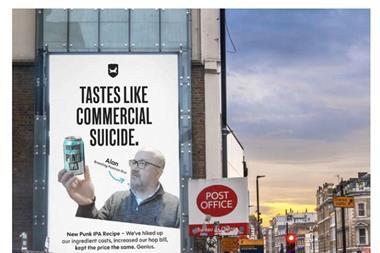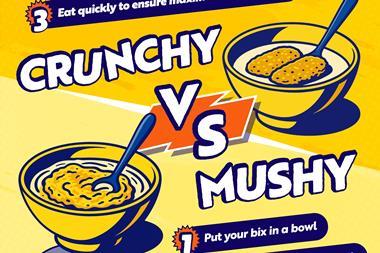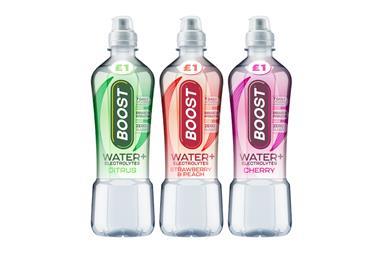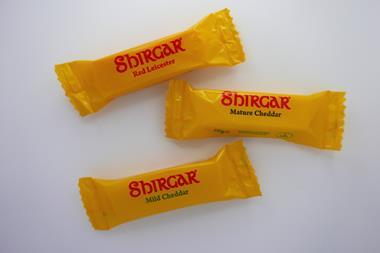Alcohol duty fraud: the drinks dilemma
The shady supply of beers, wines and spirits has been tolerated by retailers desperate to compete. But now, with new penalties if you’re caught, it’s time to wise up, says Dave Visick
ALREADY HAVE A REGISTERED USER ACCOUNT? PLEASE LOG IN HERE
To read the full story join the ConvenienceStore.co.uk community today!
Registration is quick and easy and provides access to:
- Unlimited ConvenienceStore.co.uk articles
- Our great range of newsletters
- Content you’ve saved for later via the ‘my library’ feature
And much more…






















